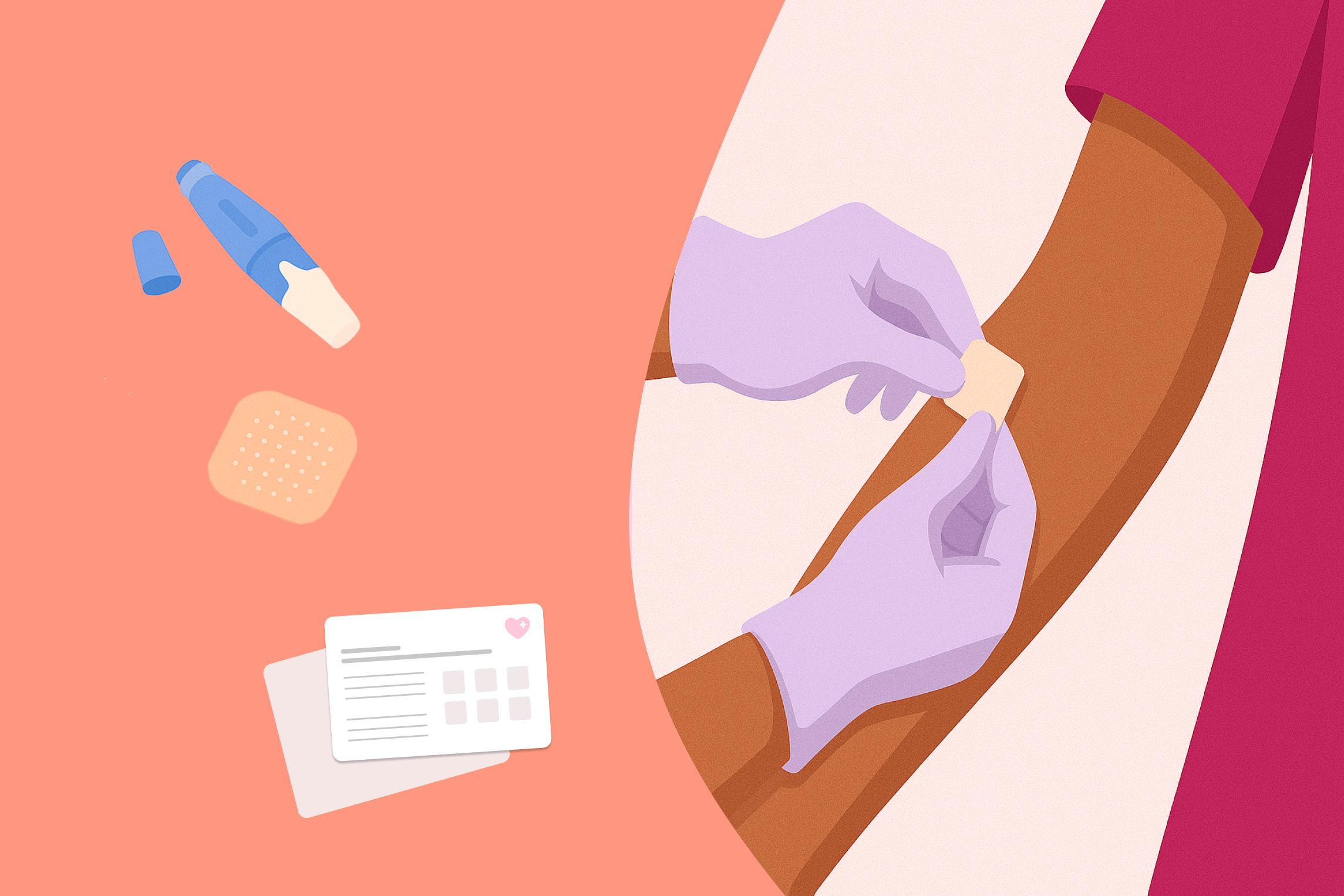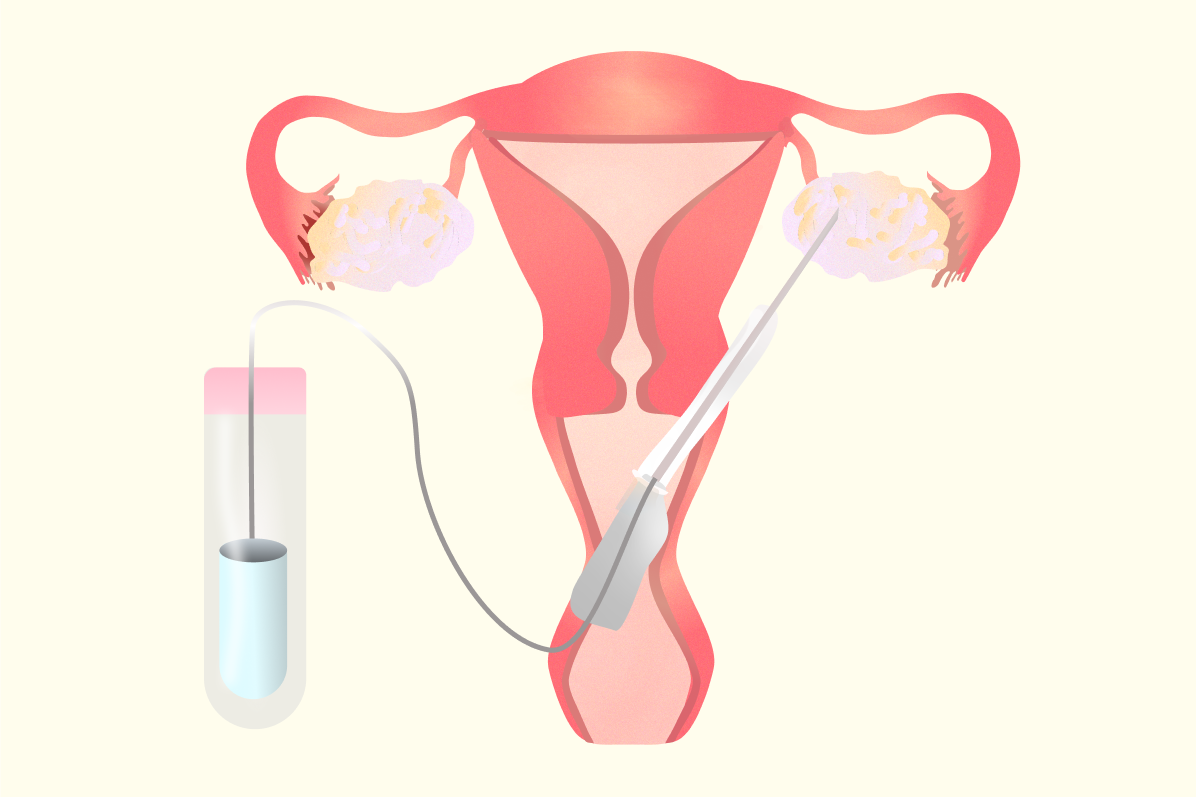In an eggshell...
- Whilst egg freezing is likely to succeed after 35, it’s still possible!
- Egg freezing can be emotionally and financially draining.
- Using an egg donor may be a better option for you.
Freezing your eggs is a popular option for women hoping to start a family later. A woman's eggs are extracted, frozen, and stored for future use. But over the age of 35, egg freezing can be more complicated. In this blog, we’ll discuss everything you need to know about egg freezing after 35 years old.
Why Do Women Over 35 Freeze Their Eggs?
Since the 1980s, 3 times more UK women over 35 are having children.1
Yes, this is partly to do with fertility issues delaying their pregnancies. But women have many other reasons for waiting to start a family after 35.
You may want to focus on your career, wait until you’re more financially stable, study more, travel, or you might be holding out for the right partner.2
Freezing your eggs helps you delay starting a family while keeping your options open for the future.
Some women may have health-related issues that have affected their fertility. Medical conditions, such as endometriosis or polycystic ovary syndrome (PCOS), or undergoing chemotherapy, can affect egg quality and quantity. Women over 35 can also freeze their eggs before getting any potential fertility-compromising treatments.
How Does Egg Freezing Work?
We discussed how egg freezing works in more detail in our previous article.
The process of egg freezing after 35 is similar to that in younger women. You’ll consult a reproductive specialist to discuss personal circumstances, medical history, and expectations. This helps you find out if egg freezing is a good option for you, and whether any extra fertility treatments are needed.
After this, you’ll receive hormonal stimulation to encourage the production of several eggs. Hormonal injections are given over several days. Once the eggs are mature, a doctor retrieves them using a minimally invasive procedure.3
The retrieved eggs are then frozen and stored safely for future use.
If you’re over 35, your doctor may choose to extract more eggs than from a younger woman. More eggs will give you a better chance of success in the future. This may mean several hormone and extraction cycles. The number of eggs extracted also depends on your ovarian reserve.3
Success Rates
In 2016, the live birth rate from women using their own frozen eggs was 18%.4
Egg freezing success is influenced by several factors, including age and the quality and number of the eggs frozen. Confusingly, success is measured in different ways by different clinics.
As a woman ages, the quality and quantity of her eggs tend to decline. This means that eggs frozen after the age of 35 may have lower success rates compared to those frozen at a younger age.
Understanding success rates can be complicated, as they vary from clinic to clinic. Sometimes it’s unclear whether age refers to when the eggs were frozen or when the fertilised egg was implanted.
Age at freezing influences success the most. We discuss this more in our other article, including a graph on IVF success rates by age.
The best way to get realistic age-specific success rates for egg freezing is to look at the IVF success rates for your age group.
Women considering egg freezing after 35 need to have realistic expectations. Egg freezing doesn’t guarantee future pregnancy, but it can increase the chances of conceiving with your own eggs later on.
Consulting with a fertility specialist can help you better understand individual success rates based on age, overall health, and other personal factors. If you’re finding it hard to choose a fertility clinic, Amilis can help.
Issues With Egg Freezing After 35
We’ve discussed that age impacts egg freezing success rates. But how does age affect egg freezing success?
Egg Reserve
As you age, the number of follicles producing eggs declines.5 This is true even if you’re taking a contraceptive that prevents ovulation. Fewer eggs can make the extraction process more difficult.
Egg Quality
As the number of eggs declines, so does the quality. We don’t exactly know how this happens, but it’s likely due to hormonal changes that happen with ageing.
This means even when eggs are successfully extracted and frozen, they are less likely to be successfully fertilised and implanted.6
Genetic Abnormalities
Eggs from women over 35 have an increased risk of genetic abnormalities, like Down Syndrome. This is true whether the eggs are frozen, extracted then used for IVF, or fertilised naturally.7
How To Improve Your Chances of Success
Lifestyle changes like reducing stress, avoiding caffeine and alcohol, improving your diet, stopping smoking, and exercising more can help to improve your fertility.8
Choosing a clinic experienced with freezing the eggs of women over 35 can also help increase your chances of success.
As live birth rates are better with younger eggs, freezing your eggs sooner can improve your likelihood of success. Using younger donor eggs is another way of doing this: read more on this below.
Using An Egg Donor
If you’re thinking about freezing your eggs, it’s worth considering an egg donor instead.
Using a woman’s own frozen eggs leads to a live birth 18% of the time, but donor eggs lead to a live birth 30% of the time.4
Donor eggs can be fresh or can also be frozen. Fresh eggs have better IVF success rates than frozen eggs.9 As fresh eggs aren’t always available when you want to get pregnant, frozen donor eggs give more flexibility with timing.
Donor eggs are usually younger and of better quality. You don’t need to worry about extracting enough, and you don’t have to take hormones to stimulate your own ovaries.
Using an egg donor often works out more cost effective, as fewer cycles may be needed, and you don’t need to pay egg storage fees if you’re using fresh eggs.
Of course, the resulting pregnancy may not be related to you genetically. But using donated eggs is one way to achieve motherhood.
Emotional Impact
Deciding to freeze your eggs after 35 can be emotionally complicated.
Egg freezing doesn’t work for everyone. Sometimes only a few eggs can be extracted, the process must be stopped due to side effects, or you might not achieve success when you thaw your eggs later.
You may feel disappointment, frustration, or even grief. This can be difficult, especially when you’ve paid a substantial amount of money for the egg freezing process (and the fertilisation, later).
Pregnancies in women over 35 are also more high risk. Issues are more likely during the pregnancy and birth, and there’s an increased risk of genetic disorders like Down Syndrome.7
It’s important to think about how the egg freezing process and any resulting pregnancies will affect all aspects of your life.
Top 5 Tips for Egg Freezing After 35
Choose a clinic with experience freezing eggs from other women over 35
A clinic that has helped other women over 35 knows which adaptations can help improve outcomes. Also, their data will better reflect your chances of success.
Freeze your eggs as early as possible
The NHS suggests the best time to freeze your eggs is younger than 35,10 so the earlier you freeze your eggs the better. Fertility declines more significantly over 35, but egg freezing can still be successful.
Consider the emotional consequences
The procedure can be difficult, and the hormonal treatment can make you feel emotional. Egg freezing can have financial stresses, put a strain on your mental and physical health, and may be distressing if it doesn’t succeed. Make sure to consider the emotional side of egg freezing.
Think about the financial impact
Egg freezing is expensive. Not only do you need to pay for the consultations, the hormone treatment, and the extraction process, you need to pay for storage. The ongoing cost depends on how long you want to store your eggs.
One study found 37 is the best financial time to freeze your eggs.11 But remember, the best time for success may well be earlier.
An egg donor instead could be a better option
Donor eggs don’t need to be frozen, are usually younger, and mean you don’t have to go through egg extraction. Risks of genetic issues are lower, and you won’t need to pay egg storage fees. It’s an option worth considering.
Egg freezing after the age of 35 helps women preserve their fertility and feel more in control of their reproductive choices.
If you think egg freezing might be for you, book a free consultation with one of your partner clinics. They’ll help you get started on your egg freezing journey.








.png)

